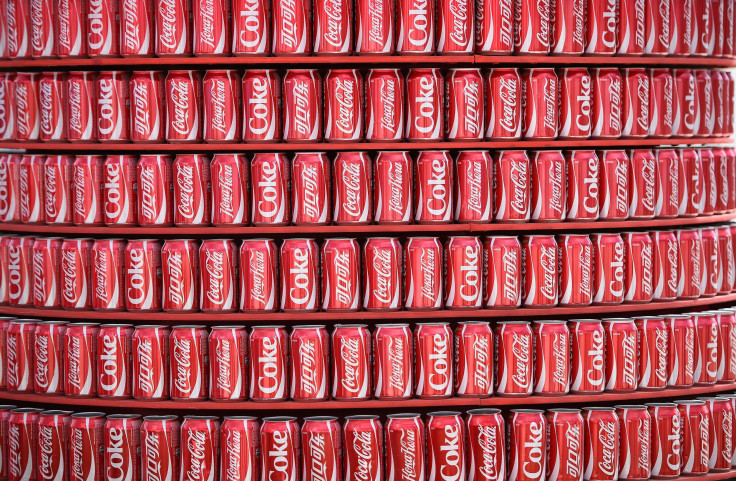Coca-Cola funds ‘science-based’ research to prove bad diets don't cause obesity; health experts call it 'misleading'

People should focus less on bad diets and more on exercising to lose weight, Coca-Cola says in a new science-based study. But health experts say the message is misleading in an effort by Coke to deflect criticism about the role of sugary drinks in the spread of obesity and Type 2 diabetes.
Coca-Cola has recently donated millions of dollars and logistical support to a new non-profit organisation called Global Energy Balance Network, or GEBN, to provide a new “science-based” solution to tackle the obesity crisis. The company and the new organisation teamed up to emphasise that to maintain a healthy weight, get more exercise and worry less about cutting calories.
“Most of the focus in the popular media and in the scientific press is, ‘Oh they’re eating too much, eating too much, eating too much’ – blaming fast food, blaming sugary drinks and so on,” one of the organisation’s scientists and vice president, Steven N. Blair, stated in a recent video. “And there’s really virtually no compelling evidence that that, in fact, is the cause.”
However, though exercise is clearly important to maintain a healthy weight, health experts are criticising Coca-Cola as they believe it is spreading misleading messages about diet. According to Marion Nestle, a professor of nutrition at New York University, Coca-Cola’s agenda is to get researchers “to confuse the science and deflect attention from dietary intake.”
Critics argue that Coke is using the organisation to convince the public that physical activity can balance a bad diet, despite existing evidence that exercise could only give minimal impact on weight compared with what people consume.
In addition, Michele Simon, a public health lawyer, said the act of Coca-Cola may be a response to the losses of the company. Coke has announced its quarterly profit dropped 14 percent in 2014, and over the last decade sales continue to decline in the U.S., when people started to shift away from carbonated drinks and even diet soda because of health concerns.
“Coca-Cola’s sales are slipping, and there’s this huge political and public backlash against soda, with every major city trying to do something to curb consumption… this is a direct response to the ways that the company is losing. They’re desperate to stop the bleeding,” Simon said in the report.
Numerous studies also show the negative effects of sugary drinks, and other studies suggest a good diet is more effective than physical activity. According to Think Progress, reducing intake of a couple of bottles of sugary drinks can cut around 350 calories, the same impact with a 30-minute jog or swimming.
To date, science-based research is not uncommon in the food industry. Other companies such as PepsiCo, the American Beverage Association and the sugar industry have already funded scientific researches. But recent analysis of beverage studies, published in the journal PLOS Medicine, found that those funded studies were five times more likely to find no link between sugary drinks and weight gain than studies whose authors were not affiliated with the companies.
Contact the writer at feedback@ibtimes.com.au or tell us what you think below






